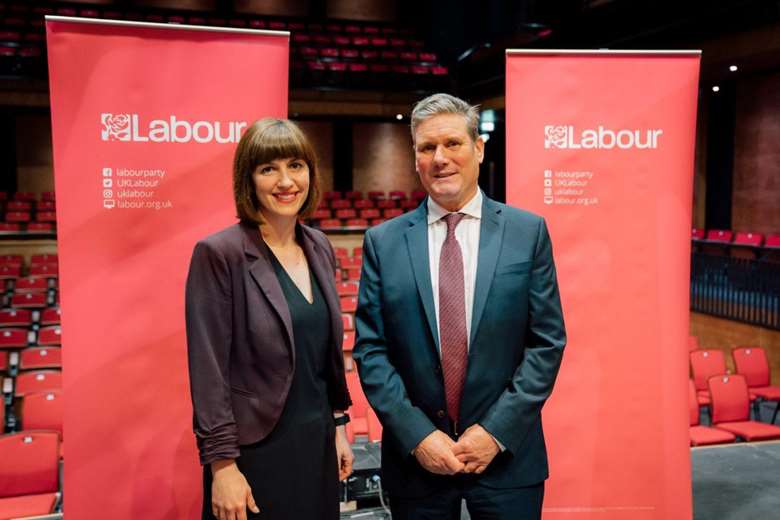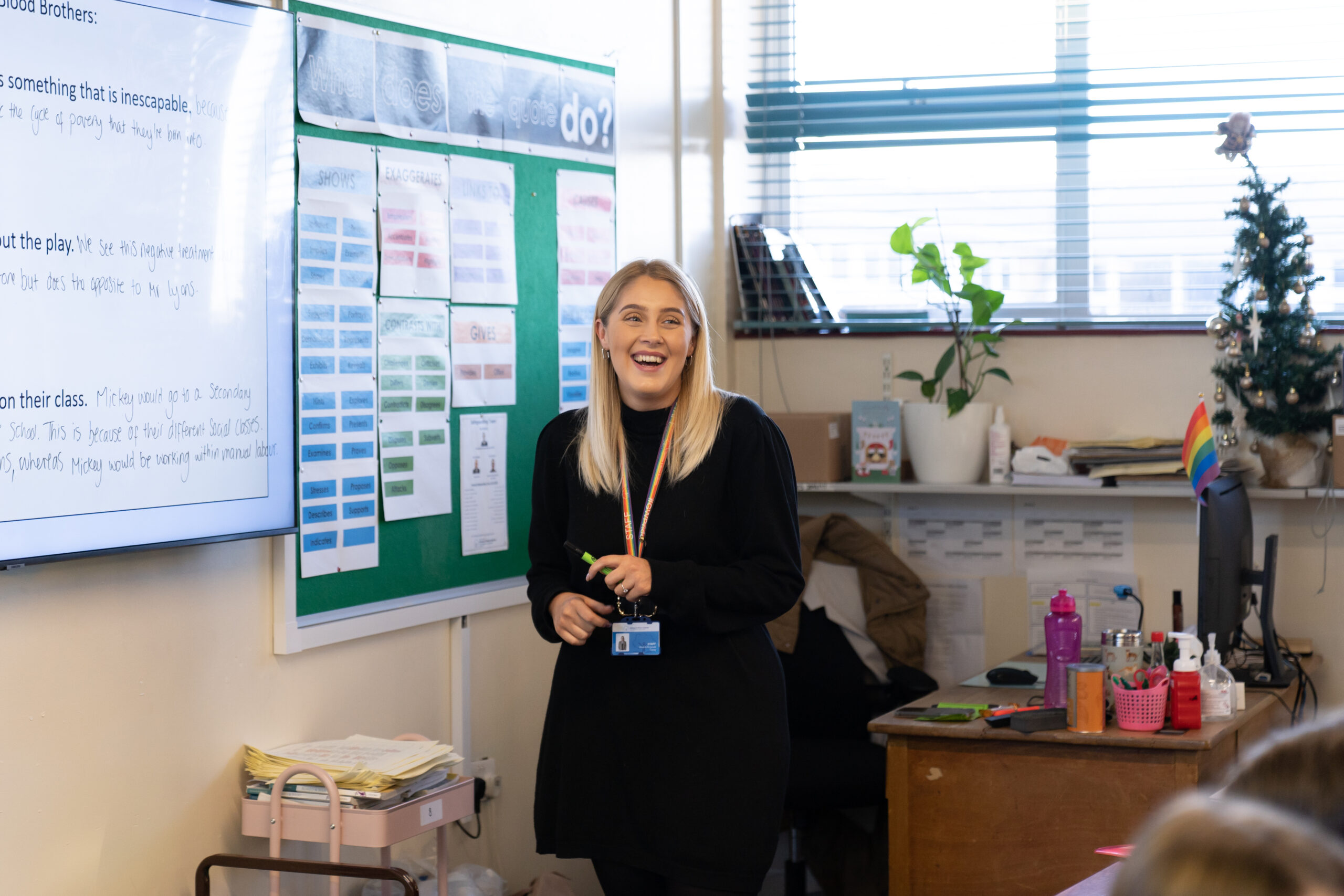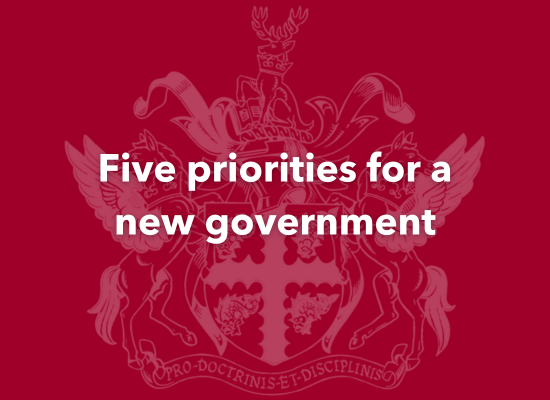I was delighted to congratulate Bridget Phillipson as she takes on the vitally important role of leading the education brief as Secretary of State under the new Labour Government. It is clear that she is ready to face the challenges ahead, and is willing to learn from the sector – both about the problems and about possible solutions. I’m looking forward to building a positive relationship with her and her team.
My challenge to our new government is to put teacher professionalism at the heart of everything they do in education.

As we set out in our working paper, supporting teacher professionalism has an effect on the perceived status of the profession, teacher professional identity, job satisfaction and levels of self-efficacy, which in turn improve teacher recruitment and retention. It is by recruiting and retaining high-quality teachers and leaders that we will improve opportunities and outcomes for children and young people. But in order to do that, we must empower teachers with greater autonomy, celebrate their expertise and amplify their voices in shaping education policy. Commitment to pupils and to the common good must be supported with a focus on the wellbeing of all those who work in education.
It is by recruiting and retaining high-quality teachers and leaders that we will improve opportunities and outcomes for children and young people.
Dame Alison Peacock, CEO, Chartered College of Teaching
Our five priorities for government, which we sent to Bridget Phillipson last week, set out how this could work in practice.
1. First, government must show that it values teacher expertise, if we are to attract and retain the best people into teaching. Yes, this means ensuring attractive pay, conditions and career pathways, with a particular focus on removing barriers for those from underrepresented communities. It means funded opportunities for CPD that is focused on critical engagement with research. And it means, a commitment to make any change in the system slowly in order to manage the impact on teacher workload. The Chartered College can help develop an evidence-informed, career-long CPD strategy, along with support for school-led strategies to grow diverse and inclusive staff teams.

2. We need a clear focus on reviewing accountability measures in order to create an accountability system that builds trust and respect. This means having an inspection system that is built on professional dialogue and genuinely supports schools to improve. The Chartered College has offered to develop our professional development pathways to support the needs of inspectors, school improvement partners or peer-to-peer accountability partners.

3. While the Government has committed to a review of the curriculum and its assessment, we have called for a considered approach, taking time to build on what works, to slim down some of the content and to work with the profession to develop a long-term strategy for curriculum and assessment change. We have offered our members’ expertise in curriculum design and our experience in working collaboratively and from the classroom, to build change that works.

4. There’s no getting away from the fact that our schools, colleges, nurseries and universities are in desperate need of funding, along with significant funding increases for SEND and Alternative Provision. So too do we need better funding for the agencies and services that provide support to children and families so that they come to school able to learn. But we are realistic about the funding that is likely to be available in the short term, and have offered the support of our experienced members to identify the evidence, the needs and the effective practices in each of these areas.

5. More than this, we have offered the expertise of the Chartered College’s members to support the new Secretary of State and her Department to rebuild relationships of trust and respect with the profession. We lay down the challenge to our politicians and policy-makers: to commit to the principles of ethical leadership and to communicate openly and transparently; to bring new and diverse voices to policy-making, and build ways of working where we can learn from each other; and to work with the profession to develop policy that meets the needs and aspirations of our pupils.
I know that sustainable change takes time. I also believe that education underpins every mission of this new Government. I look forward to building relationships with the DfE, and empowering our knowledgeable and respected profession to help shape the future of education.
